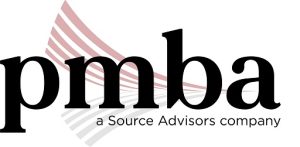Voluntary Disclosure Participation
New York’s APL was enacted to protect individuals from losing their assets to businesses who were easygoing with their notifications to debtees. Property is usually presumed abandoned if there has not been any activity on the account for a set period, usually between two and five years. To participate in a voluntary disclosure program in New York, a taxpayer must submit a detailed explanation of:
- the taxes that they owe
- the reason that they failed to report and pay those taxes, and
- why they think they are eligible for a limited look-back clause
A Few of the More Common Unclaimed Assets by Industry Are Listed Here:
New York Abandoned Property Time Limits
Bank Account
Demand, savings, time, and other deposit accounts: Five years
Checks of Drafts
% Years: Includes vendor checks
Demutualization proceeds
Two Years
Gift certificates, gift cards, and Credit Memos
Gift Certificates: Five years
Insurance Policies
Life or Annuity policies: Three years; the presumed maturity of an insurance policy is three years
IRAs or Retirement Funds
No specific provision
Money Orders
- Money orders issued by banks: Five years
- All other money orders: Seven years
Other Intangible Personal Property not otherwise Specified
- Excess from a sale of pledged property: 6 years (one year if from pawnbroker)
- Funds held by sales or insurance finance companies: three years
- Other property: two years
Proceeds from class-action suits
No specific provision
Property distributed by a business association in the course of dissolution
No specific provisions
Property held by courts or public agencies
- Property held by state courts or condemnation awards: Five years
- Property held by federal courts: Ten years
- Property held by federal government agencies: Seven years
Property held by fiduciaries
- Escrow funds held by a title company: Three years
- Other escrow funds: Five years
- Other property held by fiduciaries: Three years
Safe Deposit Boxes
Three years
Shares in a financial institution
No specific provision
Stocks, Dividends, and Distributions
Three years
Traveler’s Checks
- Traveler’s checks issued by a bank: Five years
- Other traveler’s checks: 15 years
Deposits and advances owed to utility company customers
Deposits, refunds, and advances: Two years
Wages or salaries
- Ages or salaries held by the NYS Department of Labor: One year
- wages or salaries: Three years

